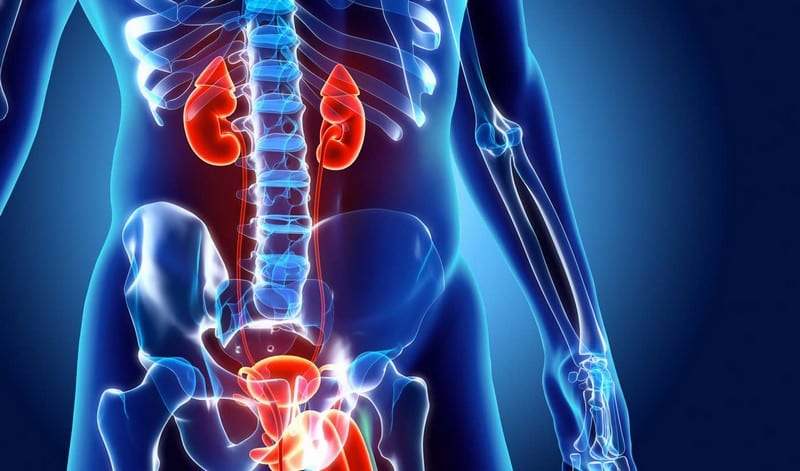Neurogenic Detrusor Dysfunction

Men who suffer from benign prostatic hyperplasia are middle-aged and older adults. Studies reveal a connection between neurogenic detrusor dysfunction and an enlarged prostate in middle-aged to older men.
The normal micturition process requires properly functioning of the bladder and adjacent parts, including the urethral sphincters and the prostate gland. The central nervous system controls the bladder by coordinating with the somatic nervous system, ensuring normal urination and urinary continence. The disturbance between the central and somatic nervous systems results in a neurogenic bladder.
Chronic abnormality in the urethra because of nerve issues can affect the overall functioning of the prostate gland. Due to its proximity to the urethra, the prostate can start showing abnormalities in its overall size and functioning.
While a neurogenic bladder cannot be treated, there are specific pharmacological and non-pharmacological options that can improve the symptoms. The primary aim of managing a neurogenic bladder is to prevent kidney damage and reduce the risk of infection. Besides medication, emptying the bladder regularly, preventive antibiotics, and Botox injections are usually prescribed to restore normal urethral functioning. In severe cases, doctors will install an electrical device to trigger or slow down bladder activity.










